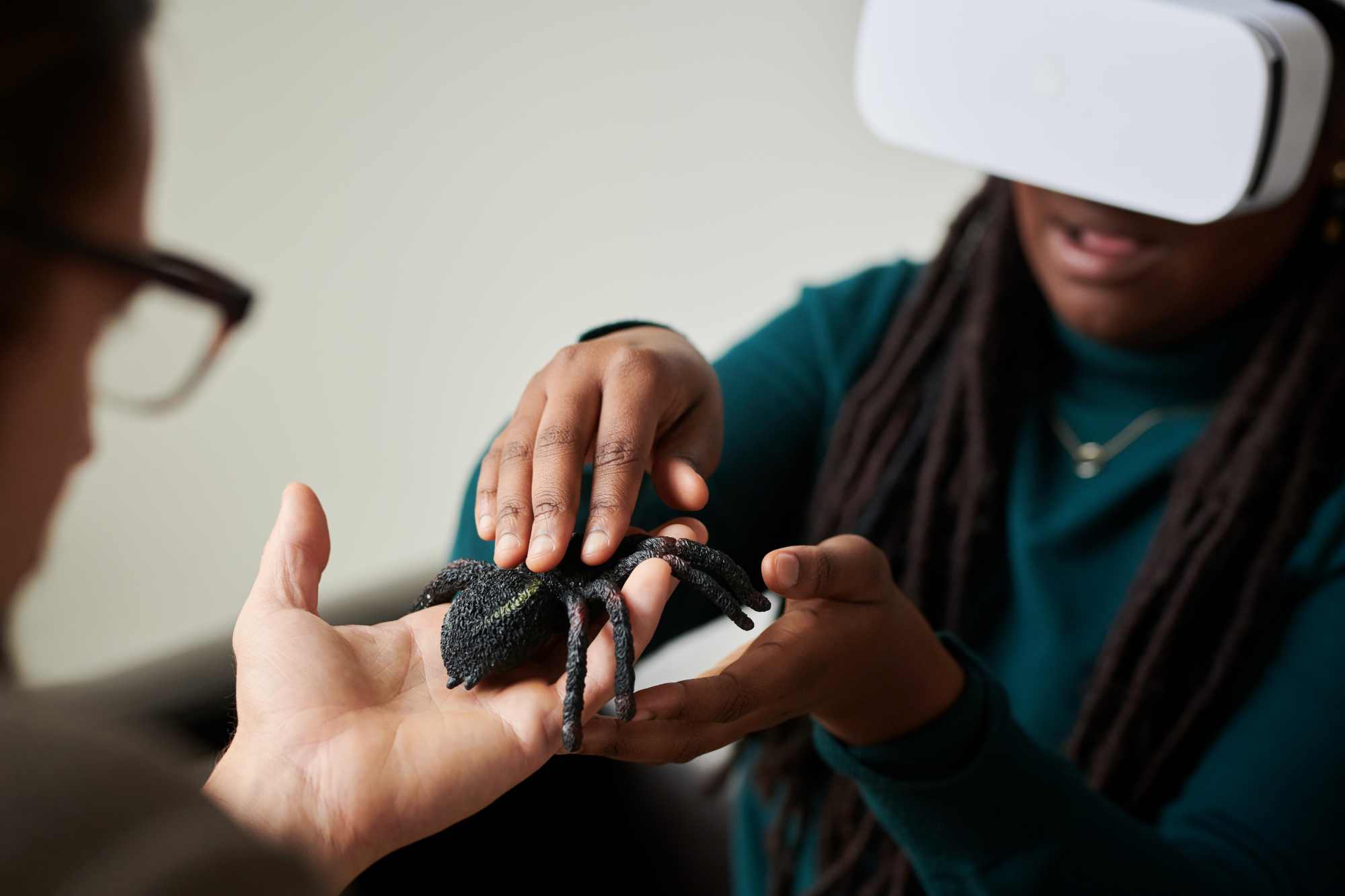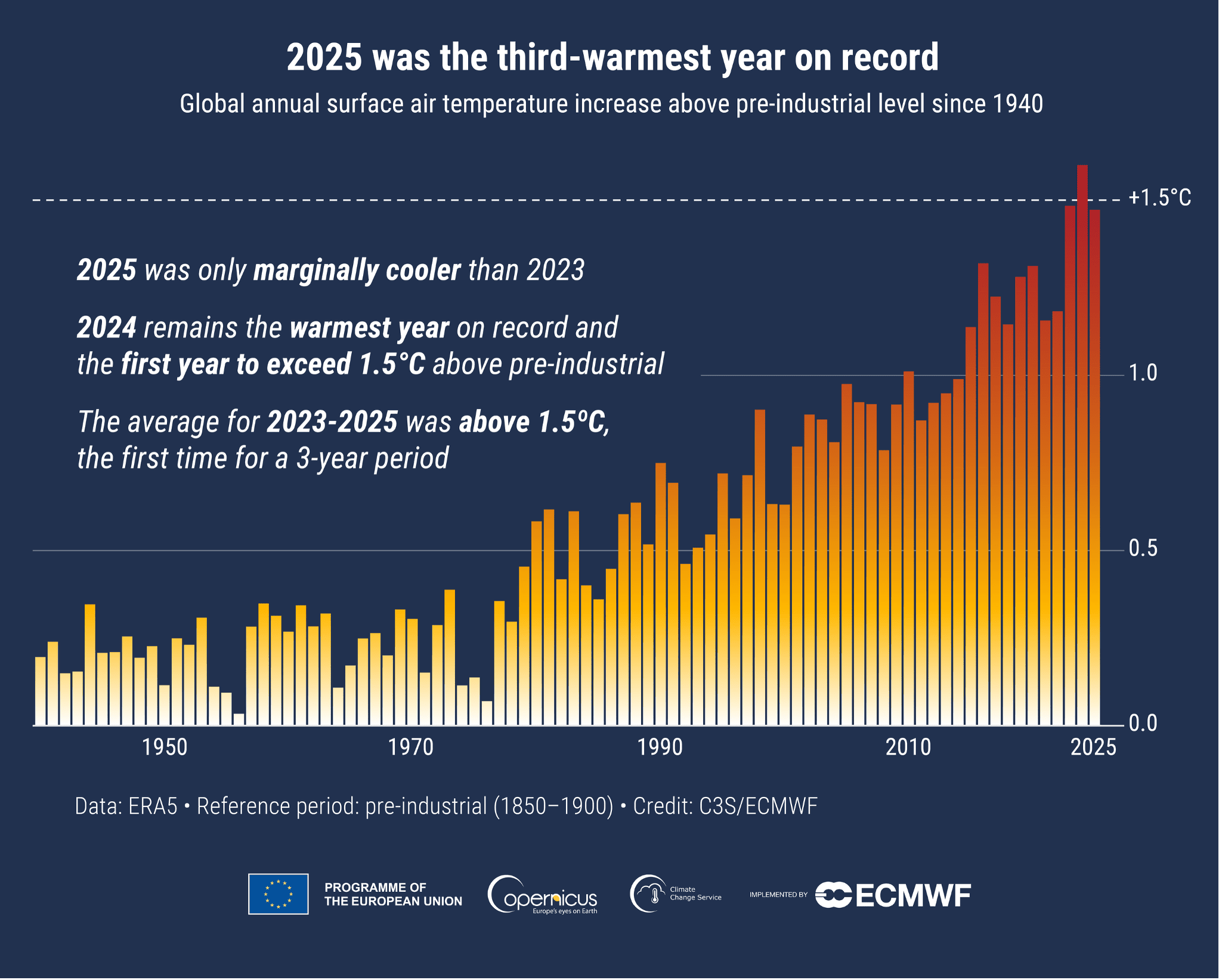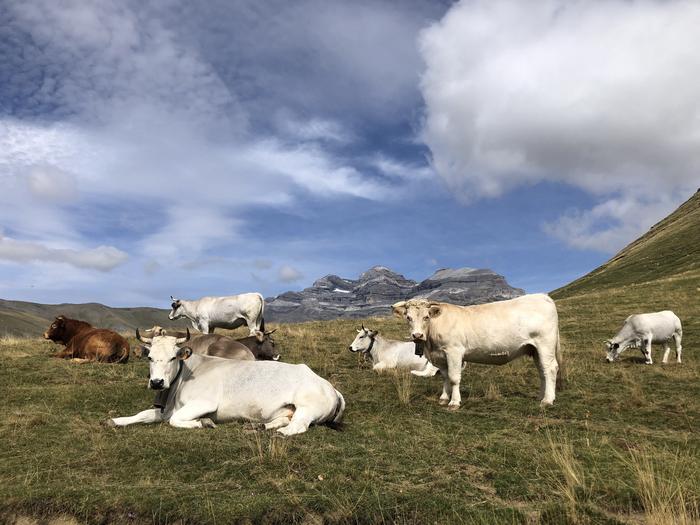AI is useful for mental health treatment, provided that the human factor remains central
The journal Science has published a review of the emerging use of artificial intelligence (AI) in mental health treatment, with examples such as conversational bots for reducing depressive symptoms. The authors defend the usefulness of this technology in the different stages of psychological care, provided that the human factor, both on the part of the clinician and the patient, is the leading factor in the approach. In this regard, they emphasise that AI cannot replace clinical judgement. The distinctive characteristics of psychological care, such as the disclosure of personal information by vulnerable individuals, also necessitate regulatory frameworks that ensure ‘the ethical and effective implementation of AI technologies’.









